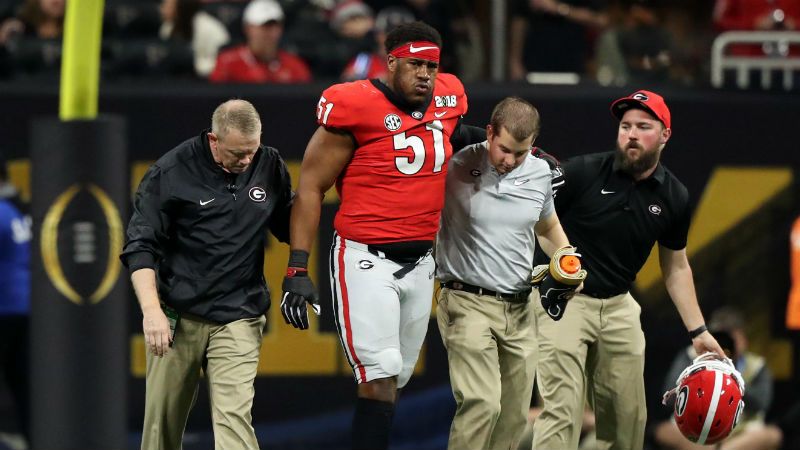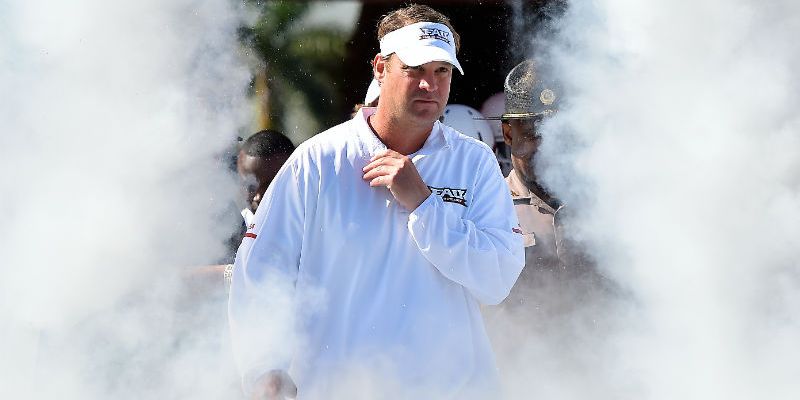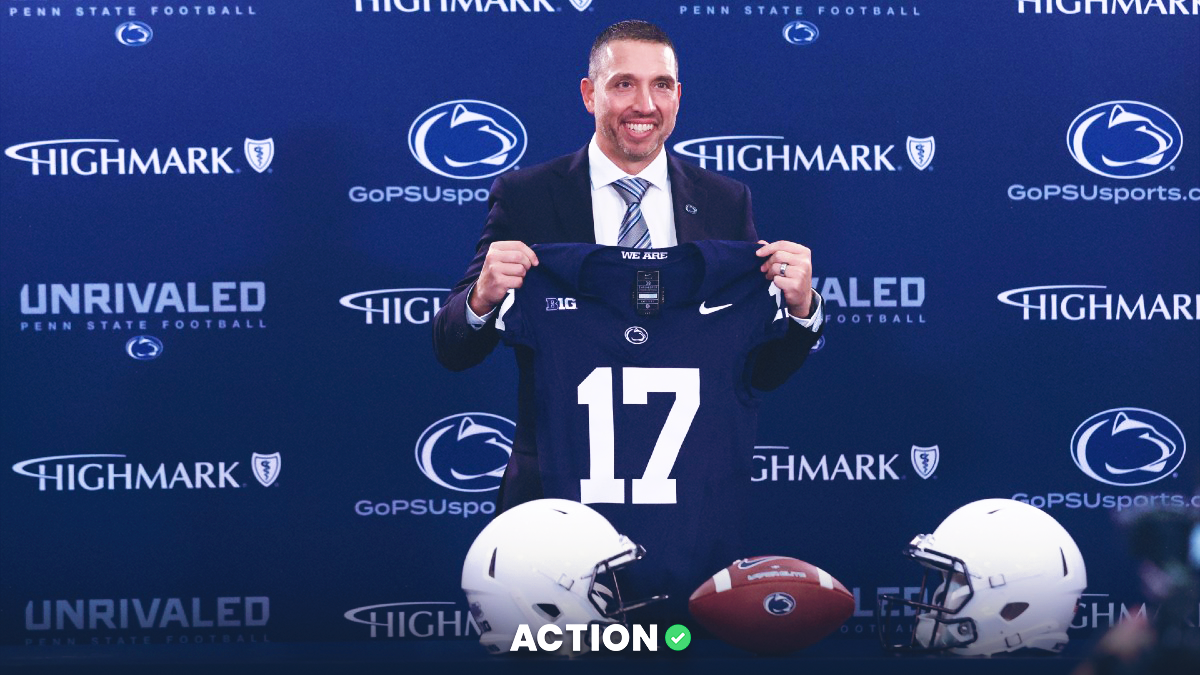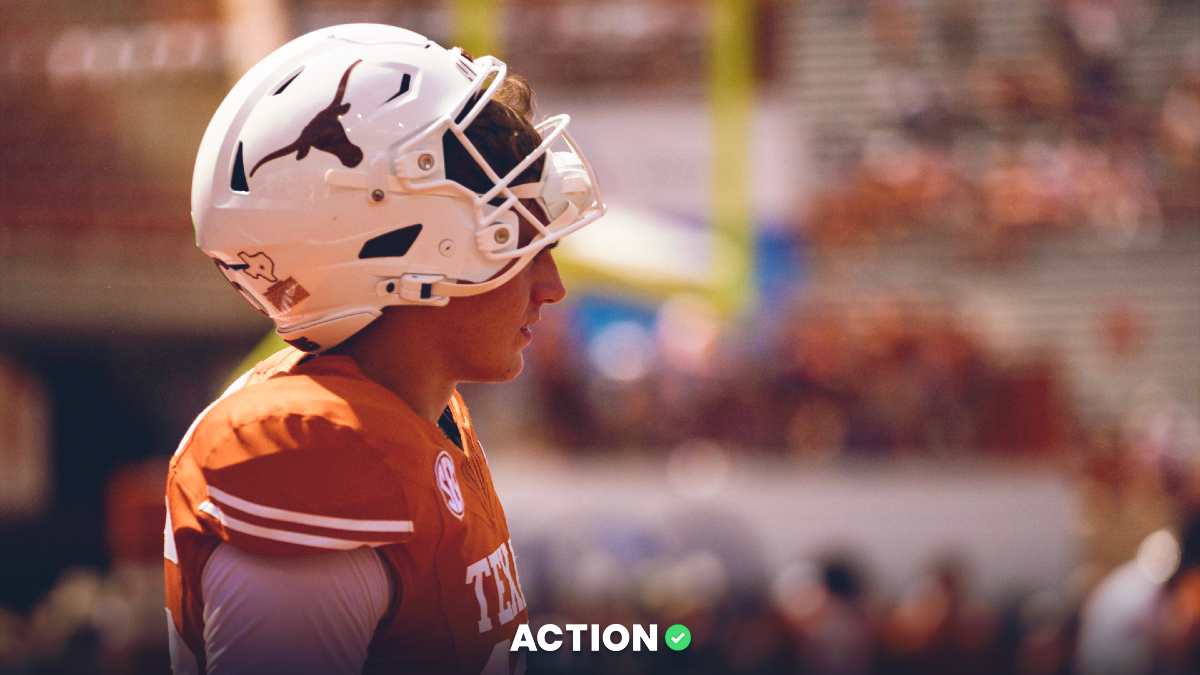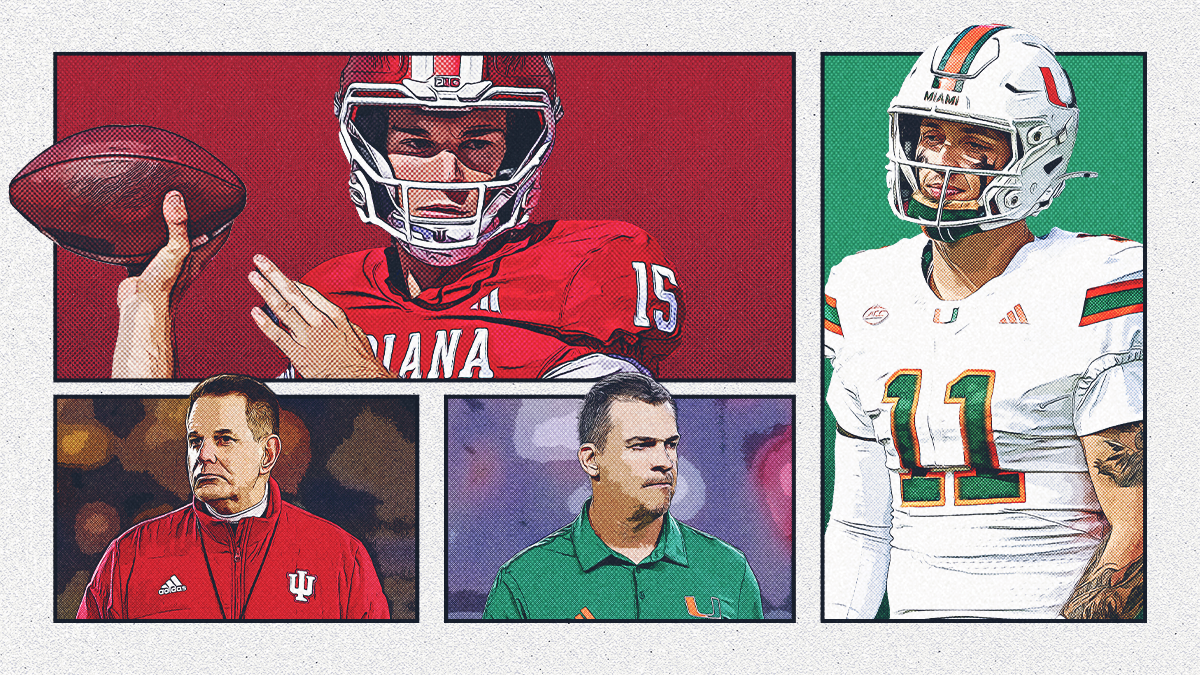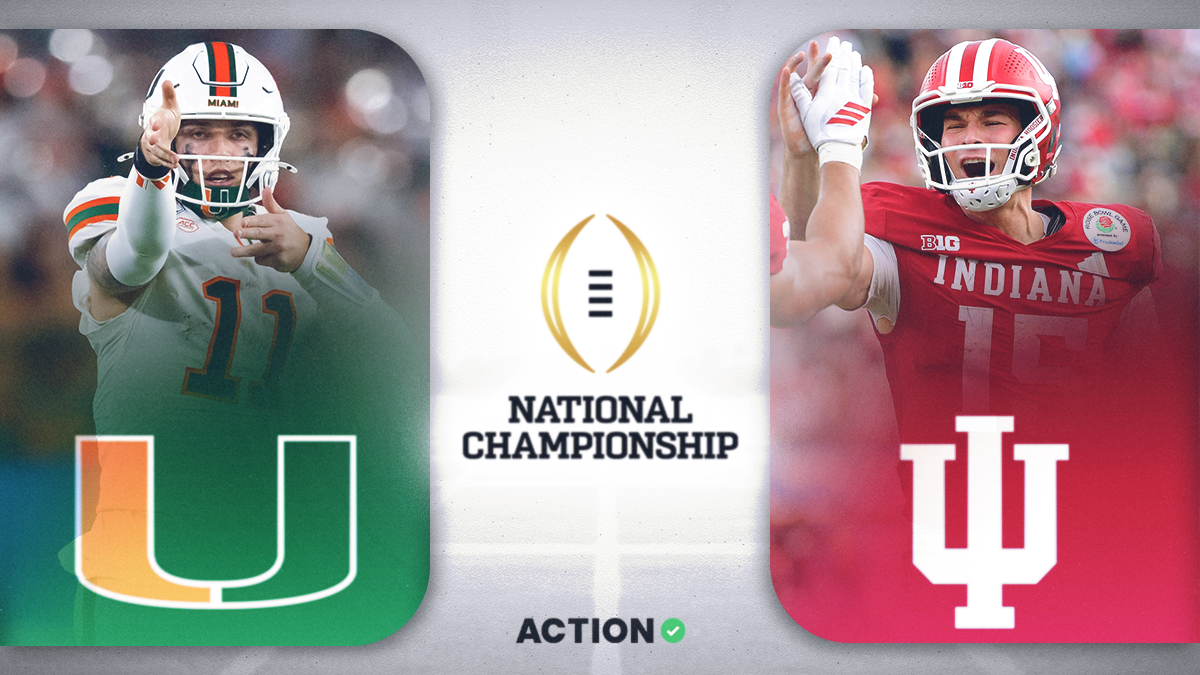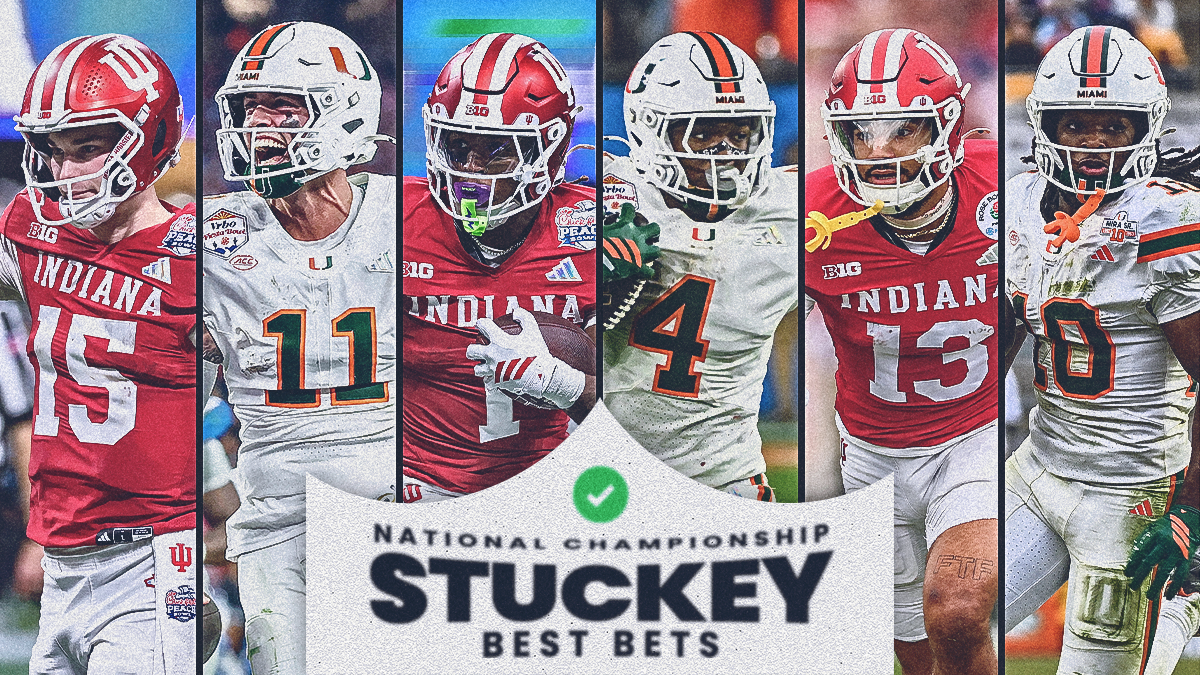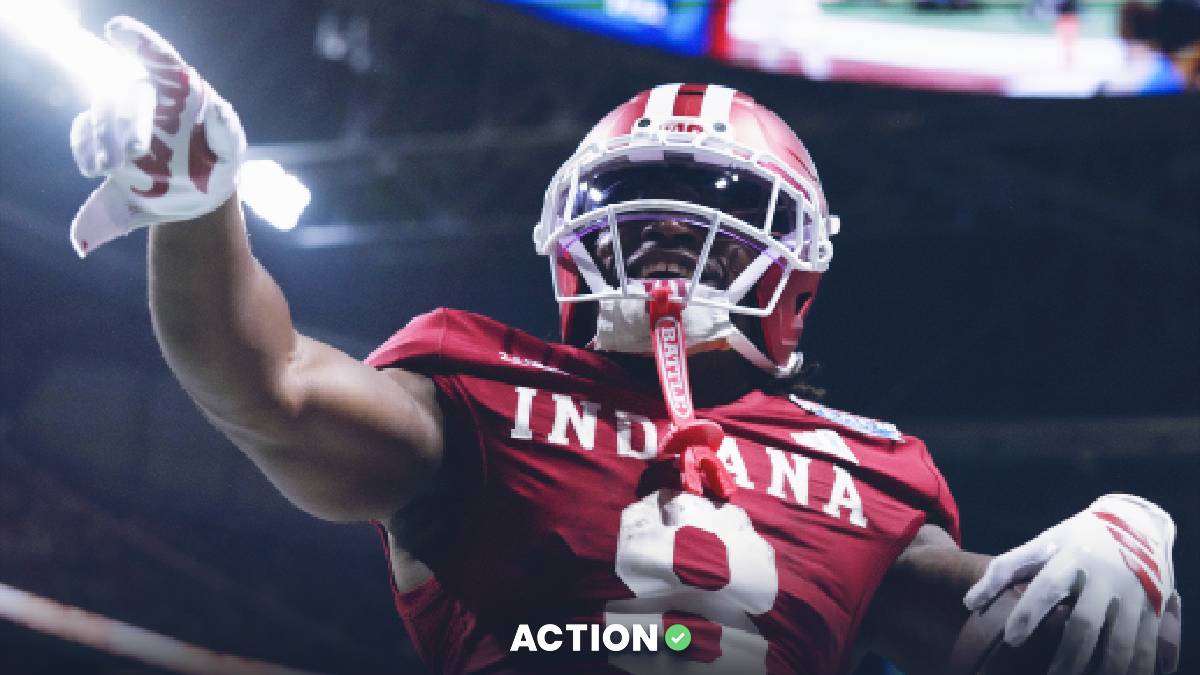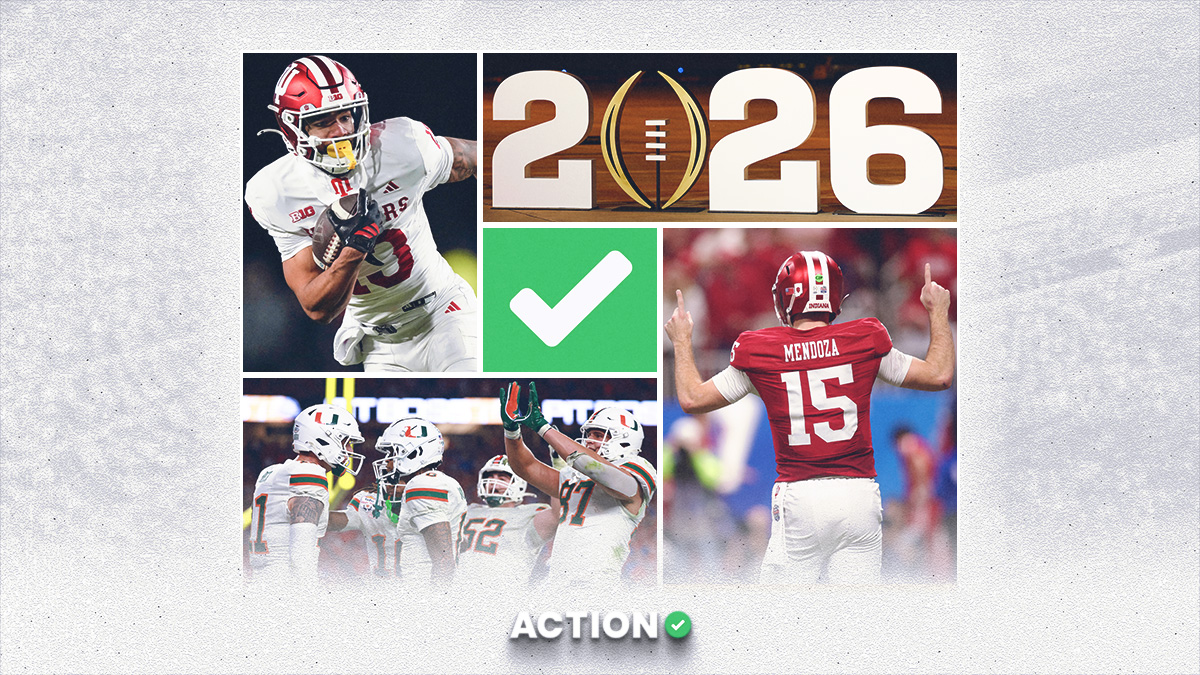- The SEC and Big Ten have expressed interest in standardizing injury reports because of legalized gambling.
- The leagues believe these injury reports would help protect the integrity of the sport.
- Here's what bettors need to know about the topic and how it might change things.
College football injuries might finally come out from the underground.
Monday, SEC Commissioner Greg Sankey said an official injury report is likely coming to his league and maybe all of college football. The Big Ten brain trust proposed it last month. Nationwide standardization likely won't get done for this season, but 2019 is a real possibility. The ACC already releases somewhat-limited injury reports.
Gambling is the catalyst for this, the Big Ten said. With every organization trying to maintain its integrity in the face of legalized sports betting, there will be an onus on the NCAA to get it right.
Here are five things to know about injury reports and how they could affect gamblers.
It won't actually be an "injury" report
It'll be more like an availability report. Colleges are not interested in releasing specific medical information about players. In some cases, they need the consent of those players to discuss it publicly.
Sankey alluded to that on Monday. Via AL.com: "As long as we don't get too far into the specifics of what the injury is and what kind of medication they may be taking and what the duration is and those kinds of things."
If what he talked about becomes reality, these injury reports might be nothing more than a one-sheeter with who is playing that week and who isn't. Nothing about length of injury, specific body part or severity.
Most coaches won't take it seriously
If you thought the New England Patriots were vague with injury reports, wait until Nick Saban and Mark Dantonio get to the podium. Remember that these are 19-year-old kids and not professionals in the NFL. They are prone to bad decision making, and coaches' discretion on punishment varies. Coaches don't want to reveal injuries for a number of reasons, and will still try to limit that.
Take Georgia quarterback Jake Fromm — he suffered two separate injuries at the lake this summer, but getting a clear picture of how this affects Georgia football is impossible.
I applaud the effort for transparency, but training staffs and boosters will always know the status of players before the NCAA does. That information generally leaks and moves a number before an injury report would hit the public.
#NCAAF#Stanford – Bryce Love, Ankle – is out Thursday (10/26) at Oregon State
— Sports Insights (@SportsInsights) October 26, 2017
Penn State's James Franklin summed it up well three years ago.
"Football coaches typically are paranoid," he said, via PennLive.com. "As early as you can get [injury] information, the better, because it has a big impact on your game plan and what you're trying to do. Basically, I know what we value, and I try to take those things away as much as I can from those opponents."
It's a disadvantage for some hardcore gamblers
If you're willing to put in the extra work, you can use injuries to your advantage when betting college football. Information is scarce on all 130 teams, and even places that compile it can't always capture everything.
Most hardcore gamblers utilize local beat writers through Twitter lists to get the latest injury information. Compiling a list of message boards by school is also a good way to keep tabs on internal workings of a particular roster.
Sharp books generally initiate the steam, while plenty of other shops play catch-up. There are some cases where having a local bookie can play into your advantage. If the injury to a significant player is worth more than four points to the spread, the line may be taken down before action can be placed.
College players aren't always worth a ton to a point spread
Running backs such as Stanford's Bryce Love are worth max two points. Quarterbacks such as West Virginia's Will Grier are worth seven. Quarterbacks at 90% of Group of 5 schools are barely worth a point.
So even if you are ahead of the game on injuries, it may not hold much real betting value.
There are legal hurdles
Conferences let the schools decide how they want to reveal or not reveal injuries. Any school that releases injury info must have players sign a waiver.
That's because of the Family Educational Rights Privacy Act (FERPA) and the Health Insurance Portability and Accountability Act (HIPAA). Both, in different ways, allow schools to not announce injuries under the guise of protecting student athletes.
FERPA says that student records are confidential. HIPPA safeguards medical information.
Because of these laws, we won't get super-detailed injury reports. And some players or teams might refuse to participate.


